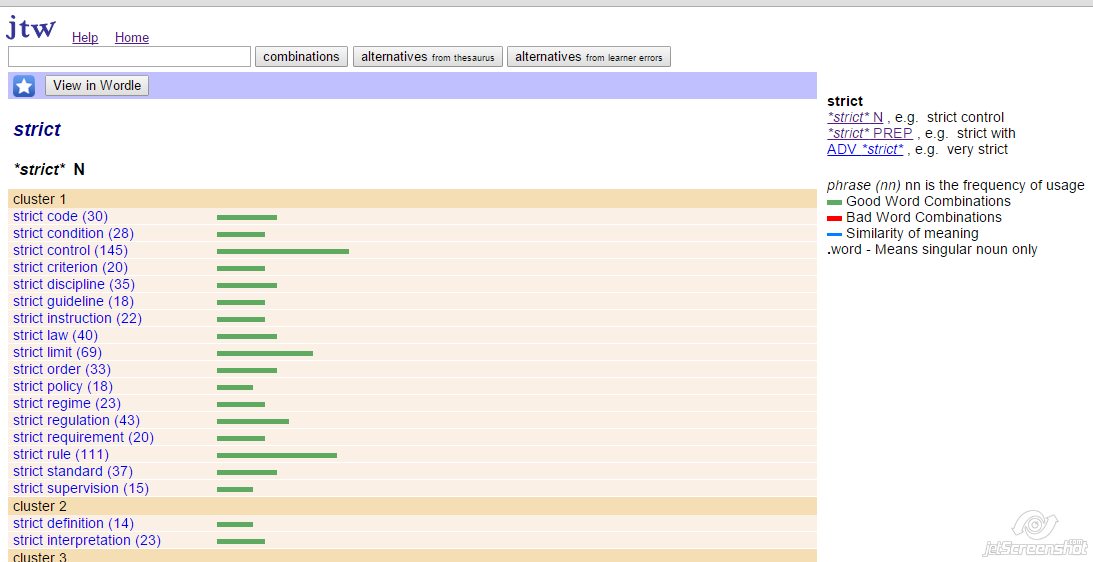I am almost embarrassed to share this super easy lesson plan with you, but right now I am in the middle of a love affair with collocations and all my classes, no matter the level, are working with collocations.
Please, don’t freak out! I am not going to give you an obnoxious list of collocations and ask you to learn them by heart. That’s not the way I do things!, but you’ll surely agree with me that there is no point in learning the adjective “interested” if you don’t know that it’s followed by the preposition “in”. Yes, Ok, you can say “I’m interested”, but that’s it!! And we are aiming for a bit more, aren’t we?
(at the end of this post, you’ll find some interesting links to learn more about collocations)
So, take a deep breath and follow me!

Step 1. What is a collocation? Though students don’t really need to be familiar with the term, it might be a good idea to introduce the concept.
In English we can say I absolutely agree but we cannot say I absolutely go; we can say I am interested in, but not I am keen in. We can say a heavy drinker, but not a strong drinker or a chain drinker. These conventional combinations of words, chosen naturally by the English speakers to express an idea, are called “collocations”.
Below you’ll see some of the collocations I am going to use, but this activity will work with any collocation:
Depend on/ interested in/ arrive in/ arrive at/ fed up with/ spend on/good or bad at/ close to/fond of/keen on/ look forward to…etc.
Step 2. Slips of paper. Oral activity.
- Select the collocations to be studied, as many as students you have in the class. In my case, I have decided to give them dependent prepositions with common adjectives and verbs because I have noticed they always make mistakes here.
- Write the adjective or verb on the slip of paper and on the back of it, the preposition(s) it collocates with. Stand up in the middle of the class for everybody to see you. Show students the slip of paper containing the adjective or verb and ask them to guess the missing preposition, and then give you a sentence containing the collocation.
- A small competition. Divide the class into two groups and repeat procedure. This time, groups will need to guess the preposition and give a sentence -different from the one they gave in the previous stage- to win the point.
Step 3. Slips of paper. Writing activity.
- Give every student a slip of paper from the previous activity and ask them to individually think of a question to ask their partners containing this collocation.
Offer help if necessary.
Step 4. Speaking activity using the speed-dating technique.
Students sit facing each other. Some students will remain seated during the whole event (in real speed dating, women remain seated). They have 4 minutes to talk asking and answering the question they have written containing the collocation. Then, a bell rings and “men” need to stand up and move to their right to start a new conversation and the whole process is repeated again. I didn’t have a bell so I used a Class Timer (here).
A highly engaging activity your students are likely to enjoy!
Useful links to learn more about collocations
- arrive at/in
- dream of/about
- Made of/from/by
- Think of/on/about/in
- at the end/in the end
- Ozdic.com Collocations dictionary
Blog de Cristina is also on Facebook. Follow us!
Thanks for reading!






